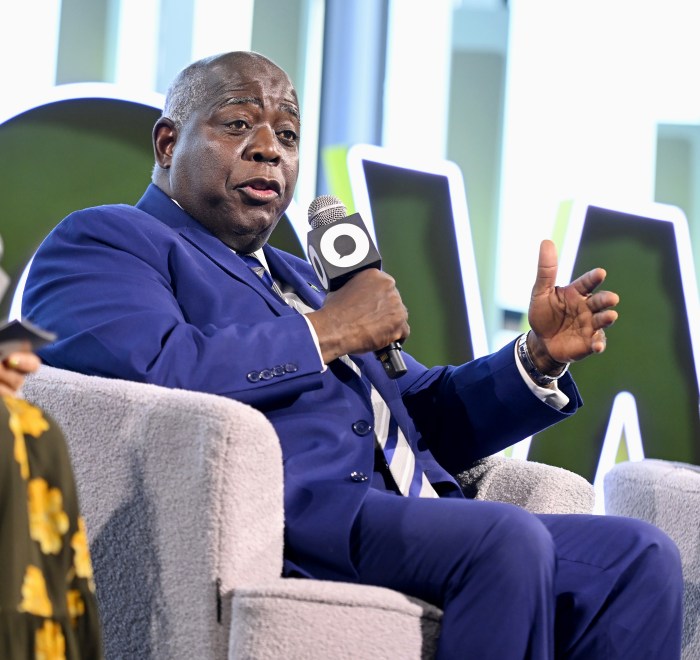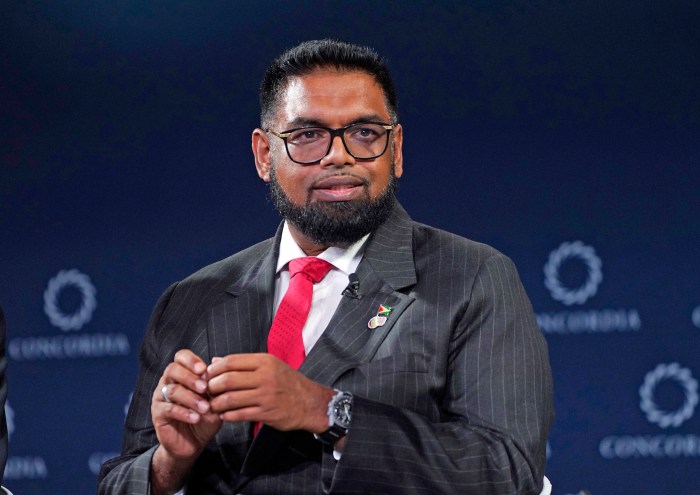The Organization of American States (OAS) says that the final report on the general elections in St. Vincent and the Grenadines has reiterated concerns and achievements of the process.
In presenting its final report on Friday, May 13 on the Dec. 9, 2015 general elections in St. Vincent and the Grenadines, the OAS’ Electoral Observation Mission (EOM) noted the efforts by the Electoral Department in St. Vincent and the Grenadines to “significantly improve, purge and update the voters list, thereby providing a more accurate reflection of voter participation.
“Likewise, the document suggests that this be a regular exercise in order to maintain a consistently clean electoral list,” the OAS said. “It further highlighted the implementation of an improved national identity card as one of the features of the elections.”
The Mission, headed by Jacinth Henry-Martin, former chief of staff to the OAS secretary general and ex-St. Kitts and Nevis ambassador to the OAS, also underscored the historic voter turnout of 74 percent and the high level of participation of women in most areas of the electoral / political process.
Nevertheless, it noted that this trend was not reflected in the number of female candidates, who comprised only 16.28 percent of the total number of candidates.
In this regard, the mission called for the initiation and/or strengthening of training programs in women political leadership.
In terms of the challenges, the OAS said the final report reflects the lack of campaign financing legislation in St. Vincent and the Grenadines, stating that it is an issue that has been the subject of previous recommendations by OAS Electoral Observations Missions.
The report recommends drawing on the experiences of other countries in the region that have made positive strides in this regard.
The report further states that, while the conduct of the election was without any major incident, the EOM identified some areas in which the election process could have been improved.
Specifically, when it refers to the final count of votes witnessed in one constituency — Central Leeward — where they identified some challenges, “the observers noted some disquieting issues at this particular constituency, mainly referred to the incorrect application of seals, the absence of the presiding officer’s stamp and initials on some ballots and the possible partiality of the returning officer who conducted this recount,” the OAS said.
“In that regard, the mission’s recommendation is to ensure better training and stricter guidelines and procedures for poll workers in conducting the final count at polling stations,” the OAS added.
Notwithstanding these concerns, OAS said its observers “did not discern any fraudulent or other activities at the final count,” which, it said, “could have materially affected the outcome of the vote.”
The report also states that the aforementioned issues “strongly indicate a need for further training in rules and procedures for staff at all levels of the electoral machinery in order to reduce or eliminate the variations observed in the treatment of the ballots and ballot boxes, as well as a greater awareness of the need for professionalism and impartiality in the conduct of the electoral process, and closer screening of senior electoral officers to ensure that they comply with these indispensable requirement.”
The OAS said the mission in St. Vincent and the Grenadines comprised three observers each from 11 countries.
They observed electoral processes in 14 of the 15 country’s constituencies, visiting 74 percent of the polling stations.
It was the fourth election that the OAS observed in St. Vincent and the Grenadines.
The incumbent Unity Labor Party (ULP) of Prime Minister Dr. Ralph E. Gonsalves was returned to power with a slender one-seat majority, as in the previous elections five years ago, winning eight of the 15 parliamentary seats.
The main opposition New Democratic Party (NDP), headed by economist and former Prime Minister Arnhim Eustace won the remaining seven seats.






















